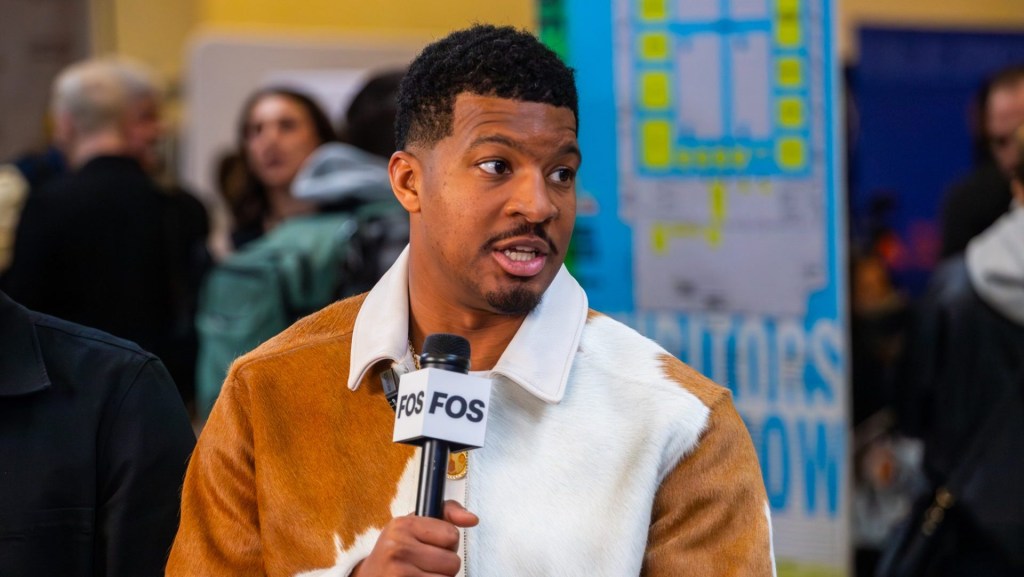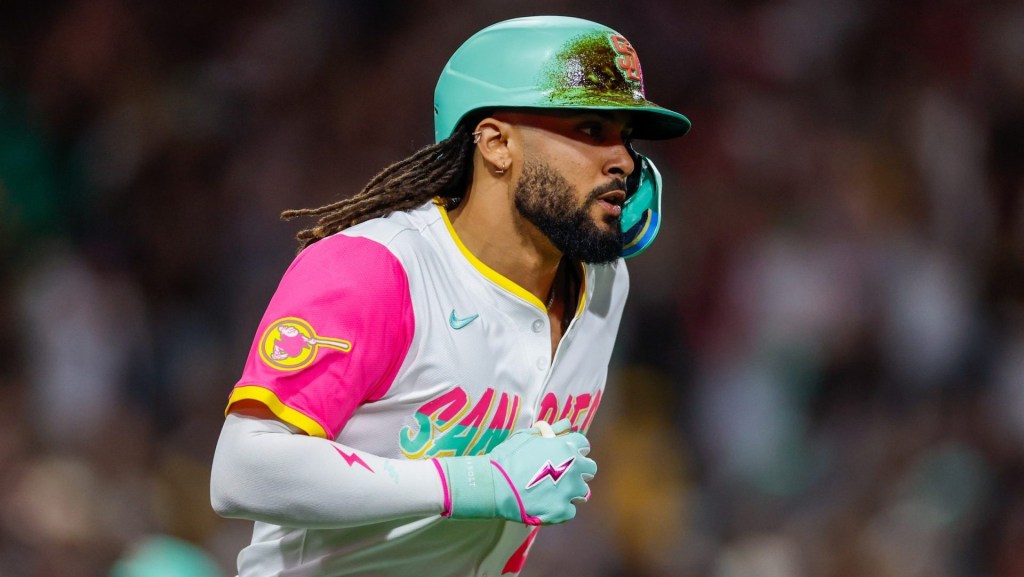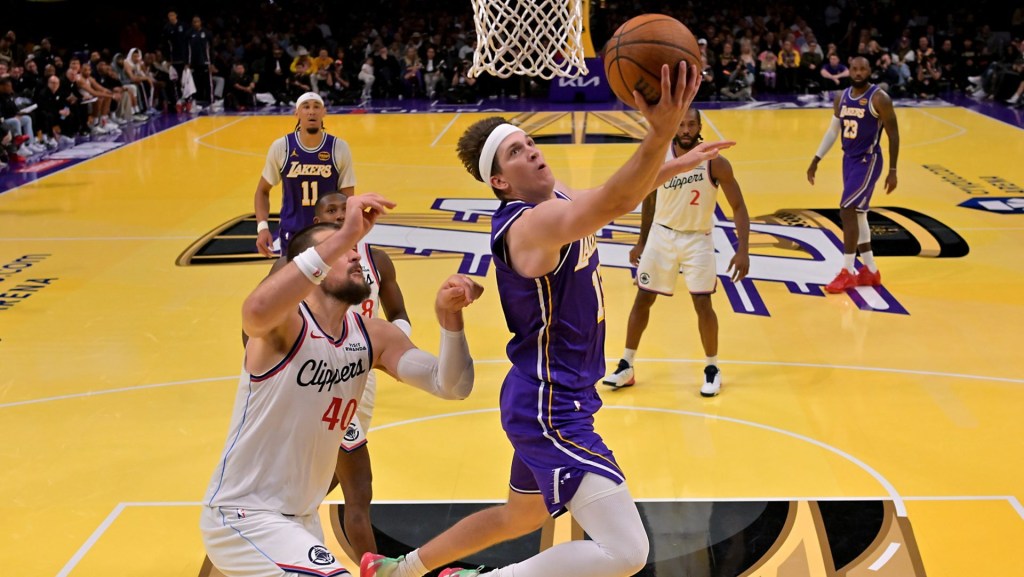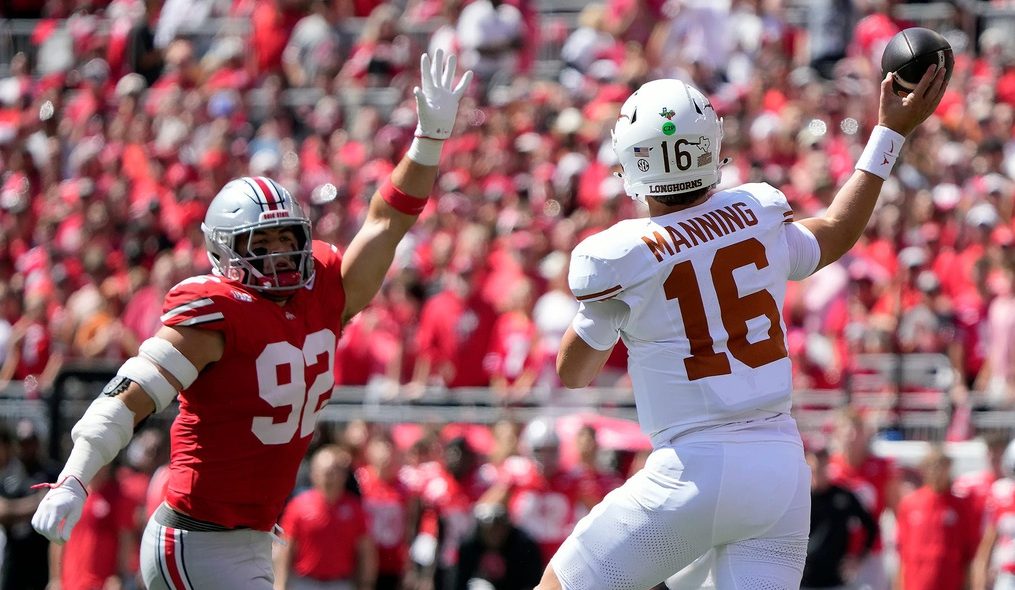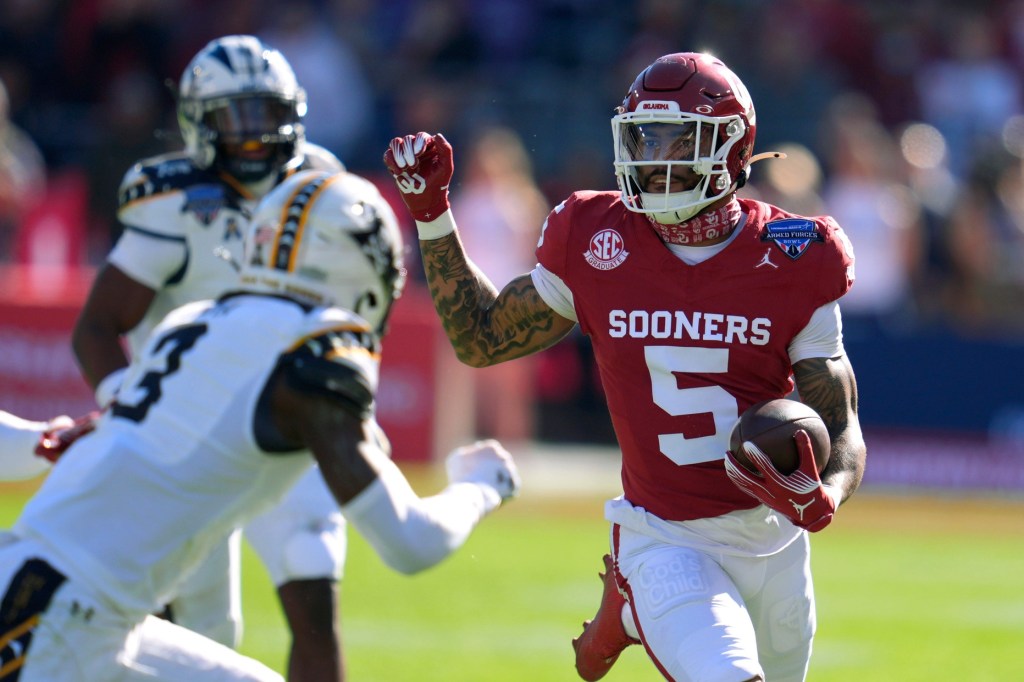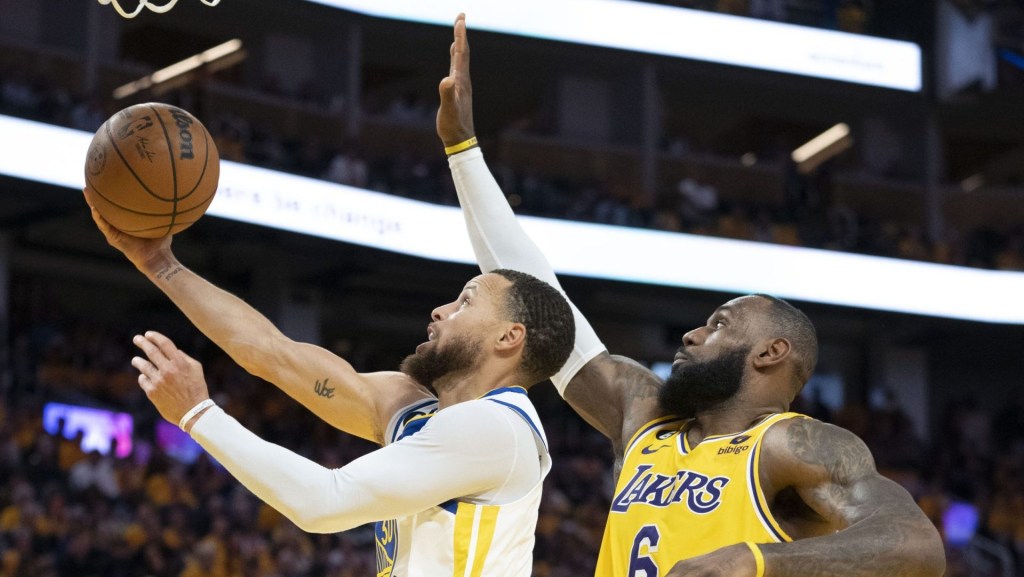This interview is presented to you by the University of Nebraska — Lincoln Master of Arts in Business with a Specialization in Intercollegiate Athletics Administration

By: Adam White, @FOSAdam
For most of us, the journey to a career in sports business starts out with a dream to play professionally in some capacity. While that dream came true for Richard King, he has transferred much of his prowess on the pitch, off it.
As the current Director at Iconic Agency, King is helping spearhead a sports marketing agency that specializes in athlete management and creative marketing solutions for brands across the world.
For King, the desire to work in sports grew out of the sheer love for playing sports throughout his life.
“Growing up, I was always into sport. I played Cricket from an early age and my parents made sure I remained active, whether that was through swimming, rugby or just by skiing on our holiday trips.”
Not only did he love sports, but he was really good at them and at a young age, he turned his focus to cricket, a decision that would see him go pro.
“When I turned 17, I began to focus more on my cricket and was able to gain a professional contact at 18 years old. From that point, I assumed that I [would] continue on this path with cricket and that my life and career would be as a professional cricket player.”
He would go on to play professionally for the next three years before he was cut from his pro team during a time of tumultuous management.
Knowing his cricket future may be up in the air, he made the decision to head back home and complete his Sports Management degree.
“At that point I was 21 and I had already done a year at university. I had spent two years living in Australia playing cricket and when it all stopped, I decided to go back to Loughborough University to do my Sports Management degree.”
“It was always about cricket for me and just as I was about to leave university to try and play again somewhere else, I injured my arm and had to have surgery that put me out of the game for two years. At that point, I started thinking seriously about life after cricket.”
Like many student-athletes, King had a schedule packed with seven-hour days of training, along with classes. While exhausting, he would find time in his schedule to work for Red Bull.
“Luckily for me, while I was still in university, I had worked part-time for Red Bull. So between cricket and my studies, in my free time, I was a Student Brand Manager for Red Bull.”
“It was a very entry-level role in which I was responsible for running some small activations on campus as well as building a consumer base, centered around the school.”
Unknown to him at the time he started working with Red Bull, this decision would put him on a path of substantial success that he would follow for the next nine years.
“I did that for two years and developed a nice relationship with Red Bull. When it came to the point that I knew cricket wasn’t going to be my future, I had a couple of meetings with my friends in the company and found out that there was a field marketing role coming available three months after I was set to graduate.”
He credits the culture of Red Bull as a catalyst to his professional career because of their dynamic and forward thinking approach to everything they do.
“From day one with Red Bull, you get thrown in the deep end. It is a very cultivating environment for those who are ambitious, who want to learn as much as they can about the business and who want to be super productive.”
“At Red Bull, there is always this drive about being the first. Whether it is the first to discover a new sport or the first one to create a new kind of branded deal for one of our athletes. Being the brand that people associate as the ones who helped discover something or bring a sport to life is what Red Bull prides itself on.”
“They always have these ideas of, ‘Let’s not do what other people are doing. Let’s either find a new way to do something in current sports or find sports that people currently don’t know exist.’”
“You either sink or swim. I chose to swim.”
And swim he did. Over the next few years, he would go from a field marketing specialist to an athlete manager to finally landing as the head of athlete marketing.
“I spent two years as a field marketing specialist before the athlete manager, who was an ex-pro cricket player, left to pursue other opportunities. Right away, I knew that role was for me. “
“I was meant to start on a Monday, but a week before I was to move down to London, the current head of athlete marketing at the time gave me a ring and asked if I could be there on Sunday, in order for me to be at the British Grand Prix to take care of the Red Bull athletes that were there.”
“From then on, I spent a lot of time working on events and putting together our branded content. I was truly lucky to be able to be a part of the team that put together Danny McCaskill’s Imaginate, which to this day is one of Red Bull’s most successful digital productions.”
“It is so much fun to go through the process with these athletes where you are able to sit down with them, get inside their mind and really focusing on creating something that emphasizes their goals and passions.”
To many, it would seem that King had a job that people would kill for and while that may be true, even the best of us need a change and a new challenge. For him, Iconic was his new challenge.
“After nine years at Red Bull, I felt like I had become stagnant and I was looking to take the next step. Red Bull’s strategies and management were changing, and it felt like it was the perfect time to move on. For me, the next step was owning my own company and that is when Iconic came into the picture.”
“I saw an opportunity with Julian Ball and Tord Nilson to build on what they had already set up, but also to have the flexibility of putting my own stamp on it.”
One of the reasons he felt so comfortable taking the chance on making a change was because he believed in the strength of the relationships he had created, not only with the brands he worked with, but the athletes as well while at Red Bull.
“Fundamentally, the world is based on relationships and generating and creating trust is the most important part of any relationship.”
“When you are working with an athlete, they need to be able to speak with you, understand your strategy for them as an athlete and then trust that you will have their best interests at heart. It is very simple.”
“If athletes don’t trust you, if they don’t believe you, if they can’t see your vision alongside theirs, they will not work with you.”
Armed with those relationships, King knows he can support Iconic’s stable of athletes as best he can, something he takes great pride in.
“Nothing satisfies me more than being able to meet with a brand, understanding what they want within a certain sport, partnering them with the right athlete and then putting together an incredible, progressive, creative and year-round plan for them in which to use to build their campaigns.”
As part of their creative marketing solutions, Iconic prides itself in harnessing the power of social media both for their brands and athletes.
In King’s eyes, this power can only be harnessed after an athlete has focused on becoming the best at what he or she does.
“If you are the best at your sport or at whatever you do, people will begin to stand up and listen to you.”
“Become the best at what you do, then focus on how to market yourself.”
Once an athlete has built his or her skill set to a point where they are ready to start marketing themselves, King believes the hardest part is meshing the athlete and company.
“The hardest point in a relationship between a brand and an athlete is finding the right tone when communicating a message to the fans. It is the hardest thing to do from a brand perspective, but you have to make sure that you find an athlete who you trust will speak about your brand values in the right way.”
If done right, though, this meshing can be the most beneficial.
“Although there is value in posting an image with a blatant product placement when it comes to engagement, there is much more value in creating something that the athlete is able to talk about in a natural way.”
While this might not be the last stop in the journey for King, it is the next chapter in his life; a life that while has had its fair share of ups and downs has been driven by passion and excellence both on and off the pitch.
King now heads off into planning for next years Nitro World Games. The inaugural event this summer, in Salt Lake City, saw the most incredible action sports event in history go down, and King was the Sport Organiser for BMX, a role that saw him develop all formats, rules, athlete and judges criteria, and run the BMX event.
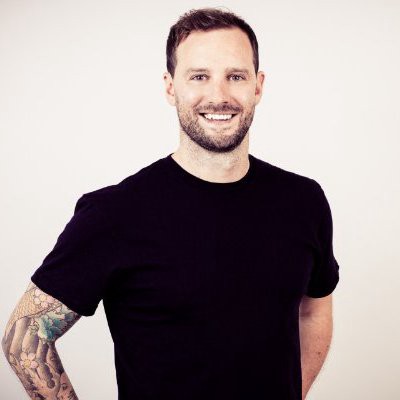
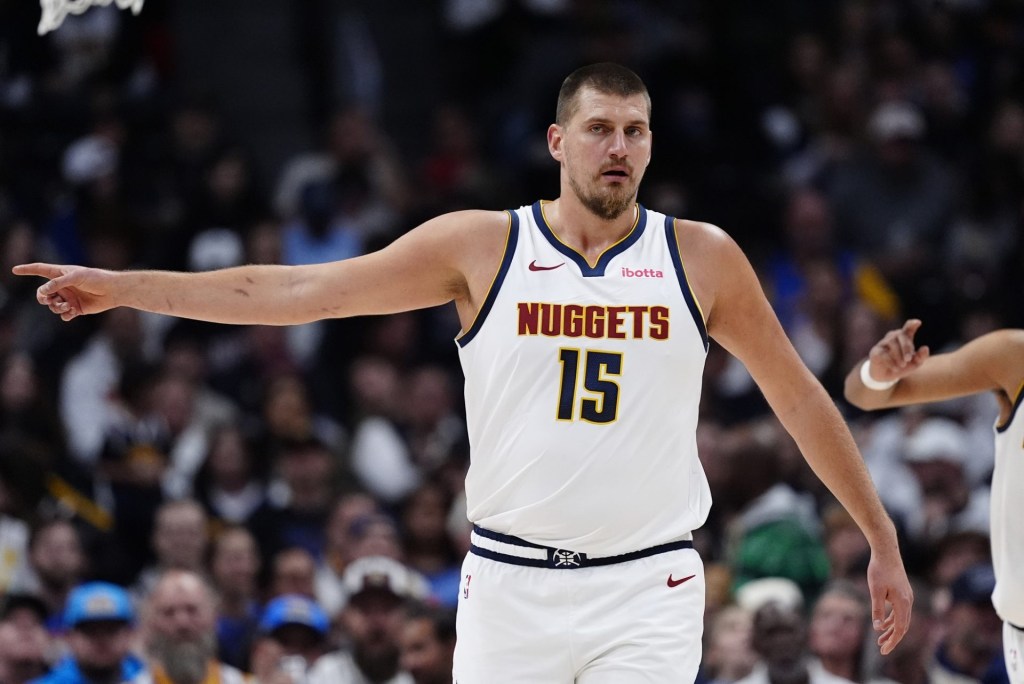
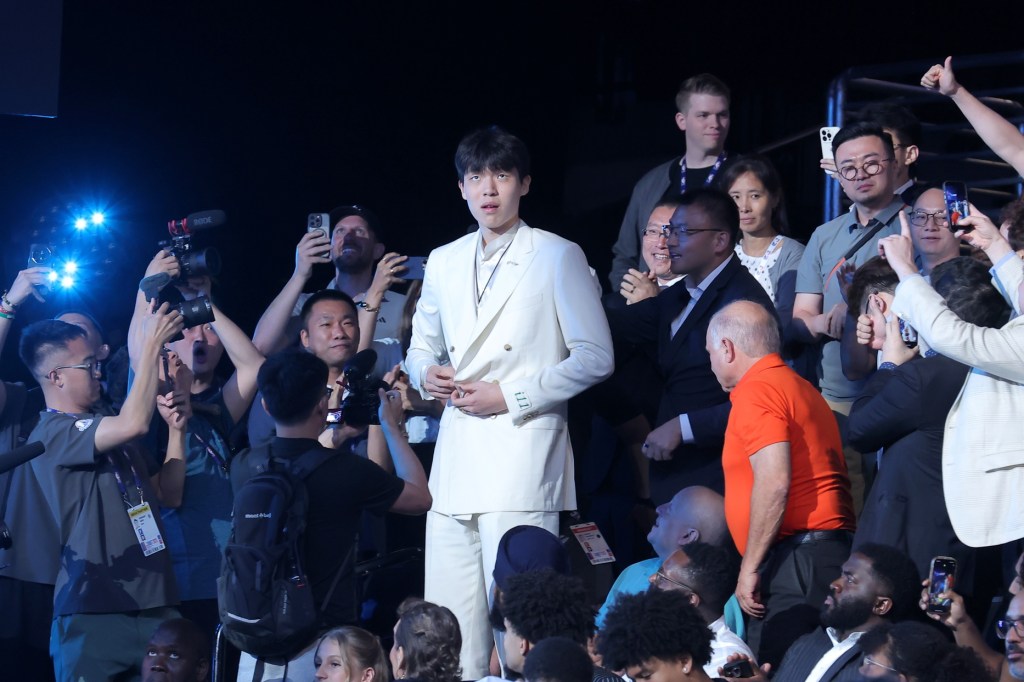
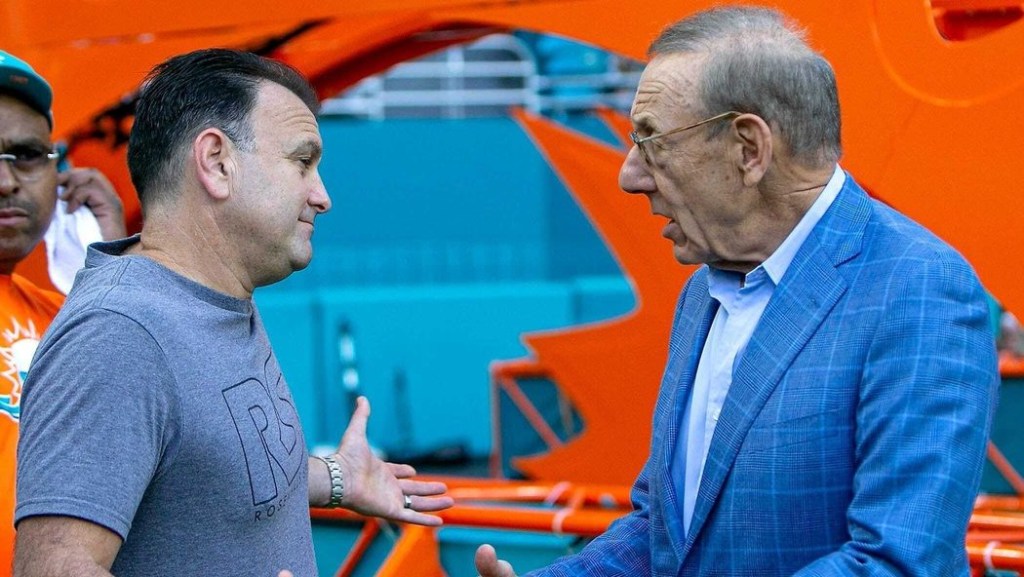
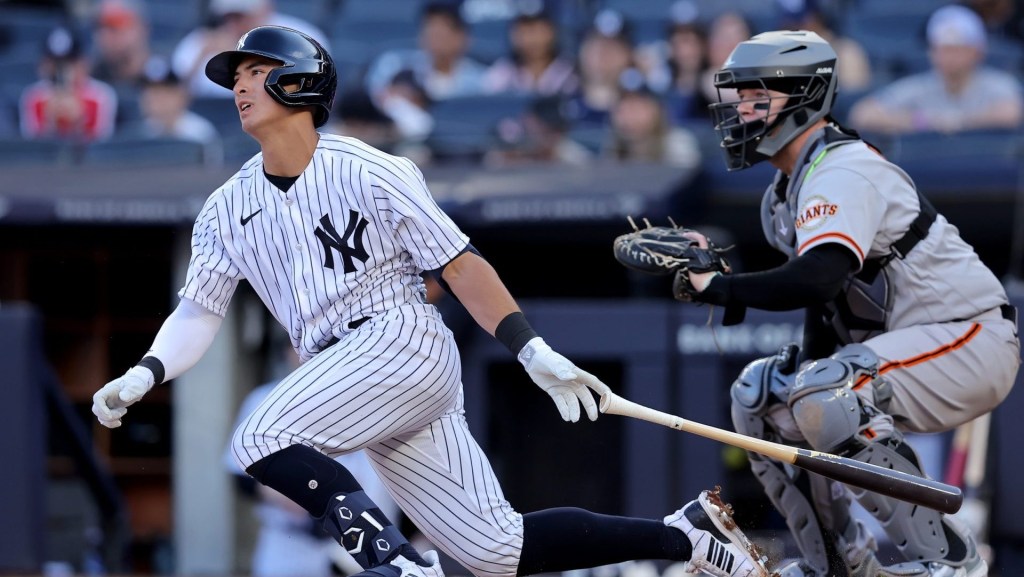

![[Subscription Customers Only] Jun 15, 2025; Seattle, Washington, USA; Botafogo owner John Textor inside the stadium before the match during a group stage match of the 2025 FIFA Club World Cup at Lumen Field.](https://frontofficesports.com/wp-content/uploads/2026/02/USATSI_26465842_168416386_lowres-scaled.jpg?quality=100&w=1024)
![[Subscription Customers Only] Jul 13, 2025; East Rutherford, New Jersey, USA; Chelsea FC midfielder Cole Palmer (10) celebrates winning the final of the 2025 FIFA Club World Cup at MetLife Stadium](https://frontofficesports.com/wp-content/uploads/2026/02/USATSI_26636703-scaled-e1770932227605.jpg?quality=100&w=1024)

